Urgent request
Entering the 2020s, the world is witnessing a dramatic reversal of the global order. The US-China strategic competition is reshaping the international balance of power, not only in the field of security but also in the field of economy , technology and supply chain. From trade war, technology embargo, to competition in artificial intelligence, cyberspace and energy, all are pushing the world into a new phase, where every country is forced to redefine its position and development strategy.
For Vietnam, a country located in the center of the Asia- Pacific region, where the interests of the major powers intersect, the pressure to maintain strategic balance is even greater. On one side is the comprehensive strategic partnership with the United States, on the other side is the big neighbor China - the leading economic partner. At the same time, Vietnam is still expanding relations with the European Union, Japan, India, South Korea and many other partners... In that picture, strategic autonomy is not only a choice but a prerequisite to ensure national interests. Our Party's viewpoint is that Vietnam consistently pursues an independent, self-reliant, peaceful, friendly, cooperative and developmental foreign policy, is a friend, a reliable partner, and an active and responsible member of the international community.
We are living in a time when borders and concepts of power are changing every day, even every hour. The geopolitical landscape is witnessing strategic competition between major power centers, not only in terms of political and security influence but also in economics, technology, supply chains, data standards, artificial intelligence and biotechnology. At the same time, the risks of local conflicts, sovereignty and territorial disputes, and clashes of interests at sea, in cyberspace, and in digital space are increasing in both frequency and complexity. The pressure to "choose sides", "polarize", and "ally to contain each other" is reappearing in more sophisticated forms. The new boundaries are not only in territory, longitude, and latitude, but in data, in technology, and in value chains.
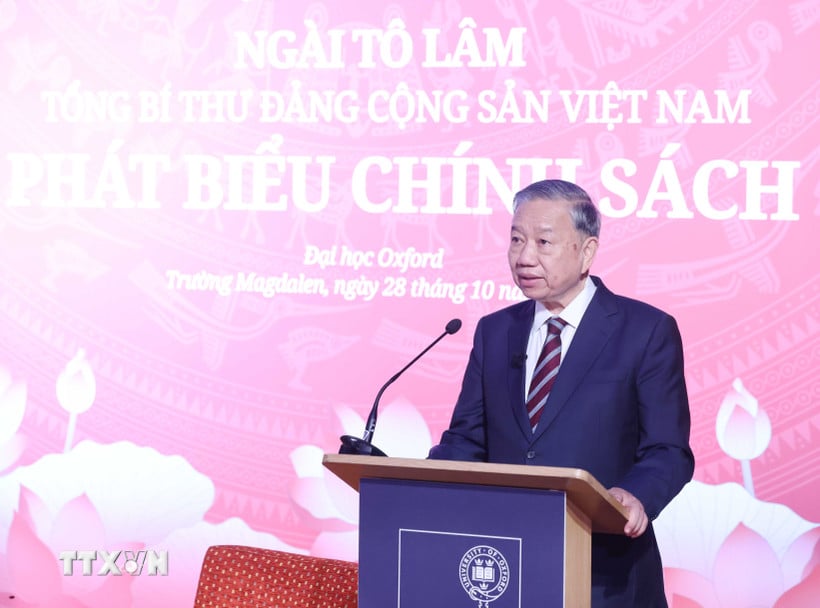
On October 28, sharing Vietnam's vision in the new era at Oxford University, General Secretary To Lam emphasized: "In a world full of pressure to choose sides, Vietnam persists in its foreign policy of independence, self-reliance, multilateralization, and diversification of foreign relations; Vietnam wishes to be a friend, a reliable partner, and a responsible member of the international community. Vietnam strives to build "warm inside, peaceful outside": maintain political stability - economic and social development inside, maintain a peaceful, cooperative, and mutually respectful environment outside; handle differences by peaceful means and international law; put people and the legitimate interests of the people first and foremost."
Such sharing not only demonstrates political mettle but is also the practical definition of "strategic autonomy" in today's era - independent in thinking, flexible in action, steadfast in principles, and flexible in handling relationships.
In fact, over the past years, Vietnam has repeatedly demonstrated its autonomy in international behavior. When the US-China trade conflict disrupted the global supply chain, Vietnam still maintained its position as a manufacturing center and a safe investment destination thanks to its balanced and transparent foreign policy. Or when regional crises escalated, Vietnam remained steadfast in its stance of peace, dialogue, respect for international law, and at the same time strengthened defense and security cooperation with many partners without forming alliances or depending on any party... These practices show that: Strategic autonomy is not a political slogan, but a capacity that has been and is being shaped by Vietnam's own mettle and intelligence.
"Soft shield" to protect national interests
In the context of increasingly fierce geopolitical competition, strategic autonomy is a "soft shield" to protect national interests. It is the ability to maintain an independent development orientation, not being dominated by external pressure; at the same time flexibly utilizing the strength of international cooperation to enhance national position and capacity.
Also at the sharing session at Oxford University, General Secretary To Lam affirmed: "Vietnam chooses the path of peaceful, independent, self-reliant, self-reliant, creative, and human-centered development, not only to build a rich and strong country for its people, but also to contribute responsibly to regional stability and international order based on international law."
Prime Minister Pham Minh Chinh has also emphasized that "self-reliance, self-strengthening, and self-confidence" are the three pillars for Vietnam to rise strongly in the new period. The Prime Minister has also repeatedly affirmed that no country can succeed if it only relies on the outside; the deeper the integration, the stronger the need for internal strength. That thinking reflects the spirit of proactive integration and endogenous development. That thinking is economic autonomy, with independent and self-reliant production, not dependent on a single market or supply source. That thinking is political and security autonomy, upholding the "four no's" principle in national defense, contributing to maintaining a peaceful and stable environment. We are also autonomous in science, technology and human resources, mastering core technology, digital transformation and innovation. And finally, we are autonomous in culture and ideology, to preserve national identity in the strong wave of globalization.
The world is witnessing a trend of “supply chain decoupling” between major economies, causing small and medium-sized countries to face the risk of dependence or being caught between poles of power. In such circumstances, only strategic autonomy can help Vietnam stand firm, maintain balance and turn challenges into opportunities.
In the context of the volatile and complicated world security and political situation, Vietnam advocates promoting and deepening bilateral cooperation with partners, especially strategic partners, comprehensive partners and other important partners, creating a cross-section of interests and increasing trust. As of May 2025, Vietnam has established diplomatic relations with 194 out of more than 200 countries worldwide; established strategic partnerships with 10 countries, comprehensive partnerships with 17 countries, and has relations with all 5 permanent members of the United Nations Security Council (P5) and the Group of Seven (G7) leading industrialized countries in the world... Notably, as of October 29, 2025, Vietnam has comprehensive strategic partnerships with 14 countries, including: China, the Russian Federation, India, South Korea, the United States, Japan, Australia, France, Malaysia, New Zealand, Indonesia, Singapore, Thailand and the United Kingdom.
Vietnam's foreign policy in recent times is a clear demonstration: Vietnam does not choose sides, but chooses peace, cooperation and development; does not let anyone decide its destiny, but shapes its own role and position in the region; not only adapts to the world, but also participates in shaping the new order with a sense of responsibility and independence.
As General Secretary To Lam affirmed at the Diplomatic Conference in October 2024: Vietnam's foreign affairs must maintain its identity, mettle, and independence in strategic thinking, taking national and ethnic interests as paramount, while making practical contributions to peace, cooperation, and development in the region and the world. That is the spirit of strategic autonomy - independent but not isolated, integrated but not dependent.
That also explains why our Party places "strategic autonomy" as a central orientation in the Draft Documents of the 14th National Congress - because this is not only a concept of foreign affairs, but also a philosophy of comprehensive development: Autonomy in thinking, self-reliance in action, confidence in integration.
Final Lesson: Foundation for Development Aspirations
Source: https://baotintuc.vn/thoi-su/tu-chu-chien-luoc-cho-mot-viet-nam-hung-cuong-bai-2-lua-chon-tat-yeu-trong-thoi-dai-bien-dong-20251102195138947.htm



![[Photo] Panorama of the Patriotic Emulation Congress of Nhan Dan Newspaper for the period 2025-2030](https://vphoto.vietnam.vn/thumb/1200x675/vietnam/resource/IMAGE/2025/11/04/1762252775462_ndo_br_dhthiduayeuncbaond-6125-jpg.webp)


![[Photo] Opening of the 14th Conference of the 13th Party Central Committee](https://vphoto.vietnam.vn/thumb/1200x675/vietnam/resource/IMAGE/2025/11/05/1762310995216_a5-bnd-5742-5255-jpg.webp)

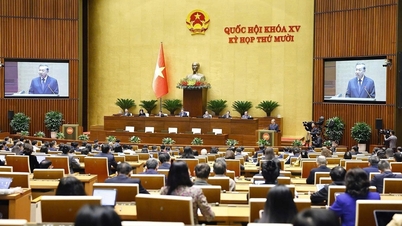



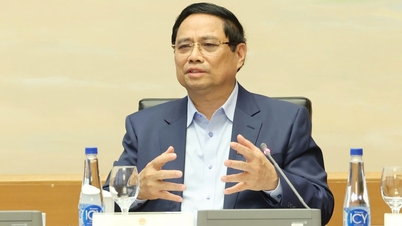
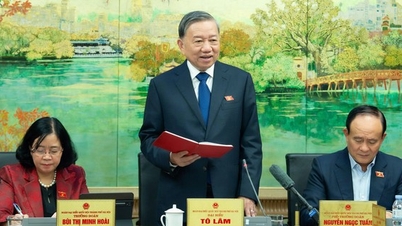

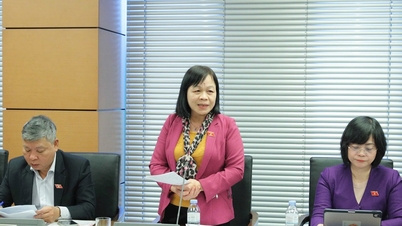

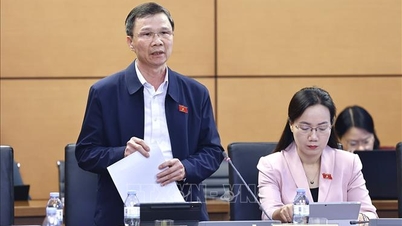

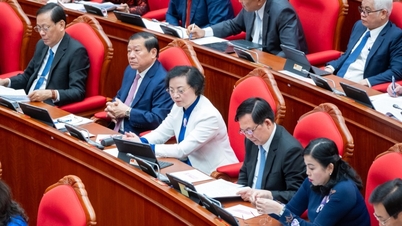

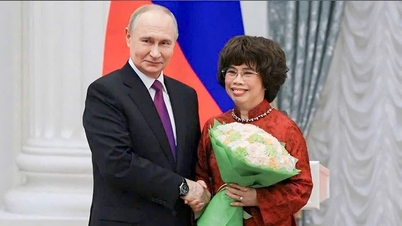

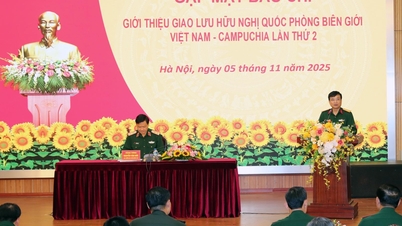








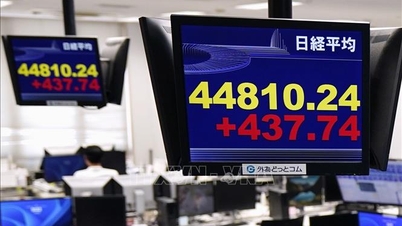
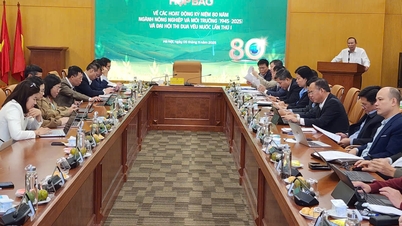
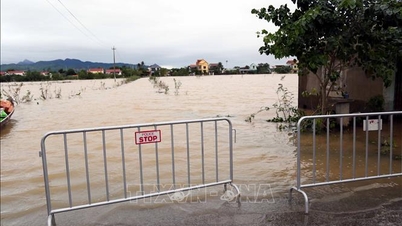

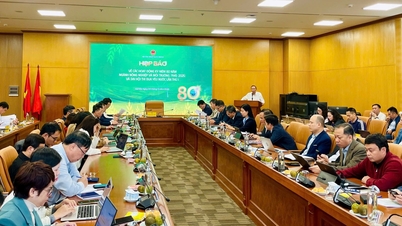


















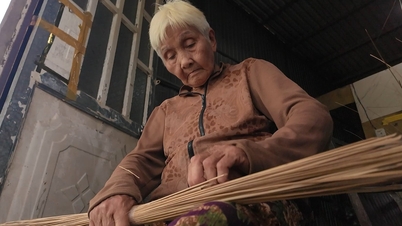













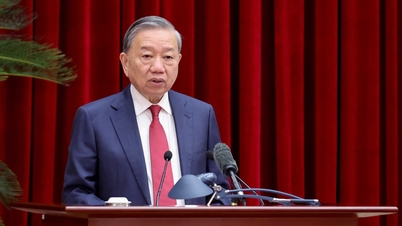

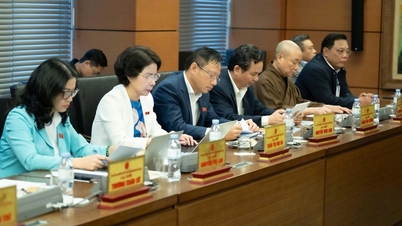

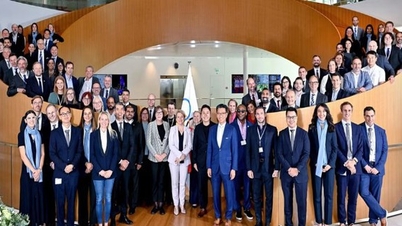

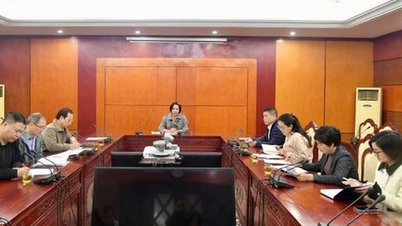
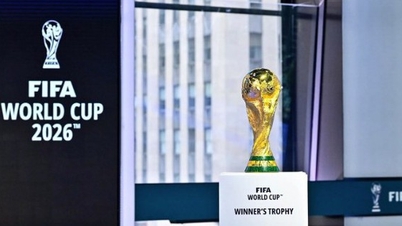
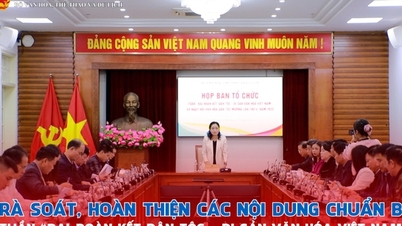


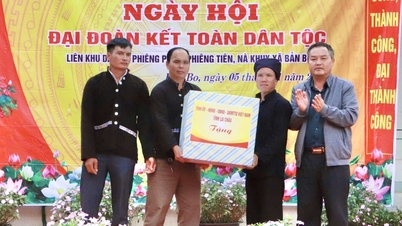
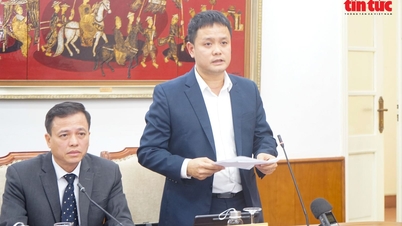

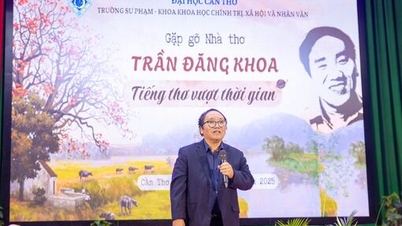


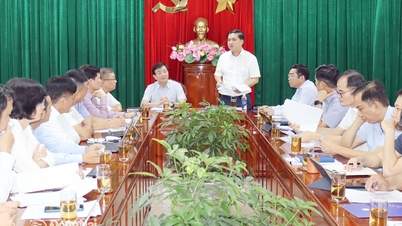













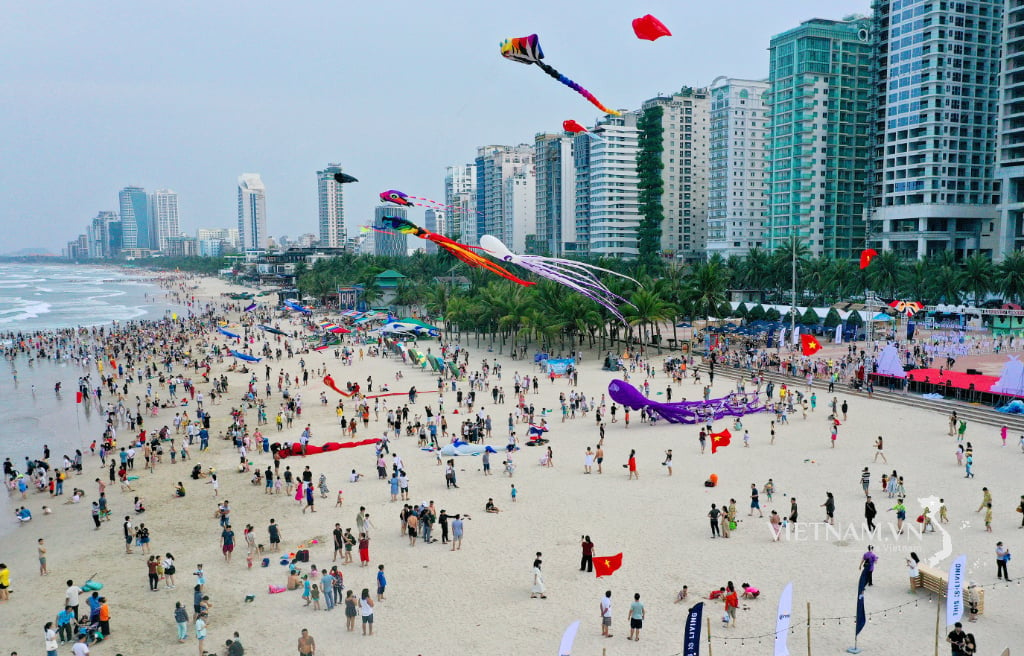

Comment (0)